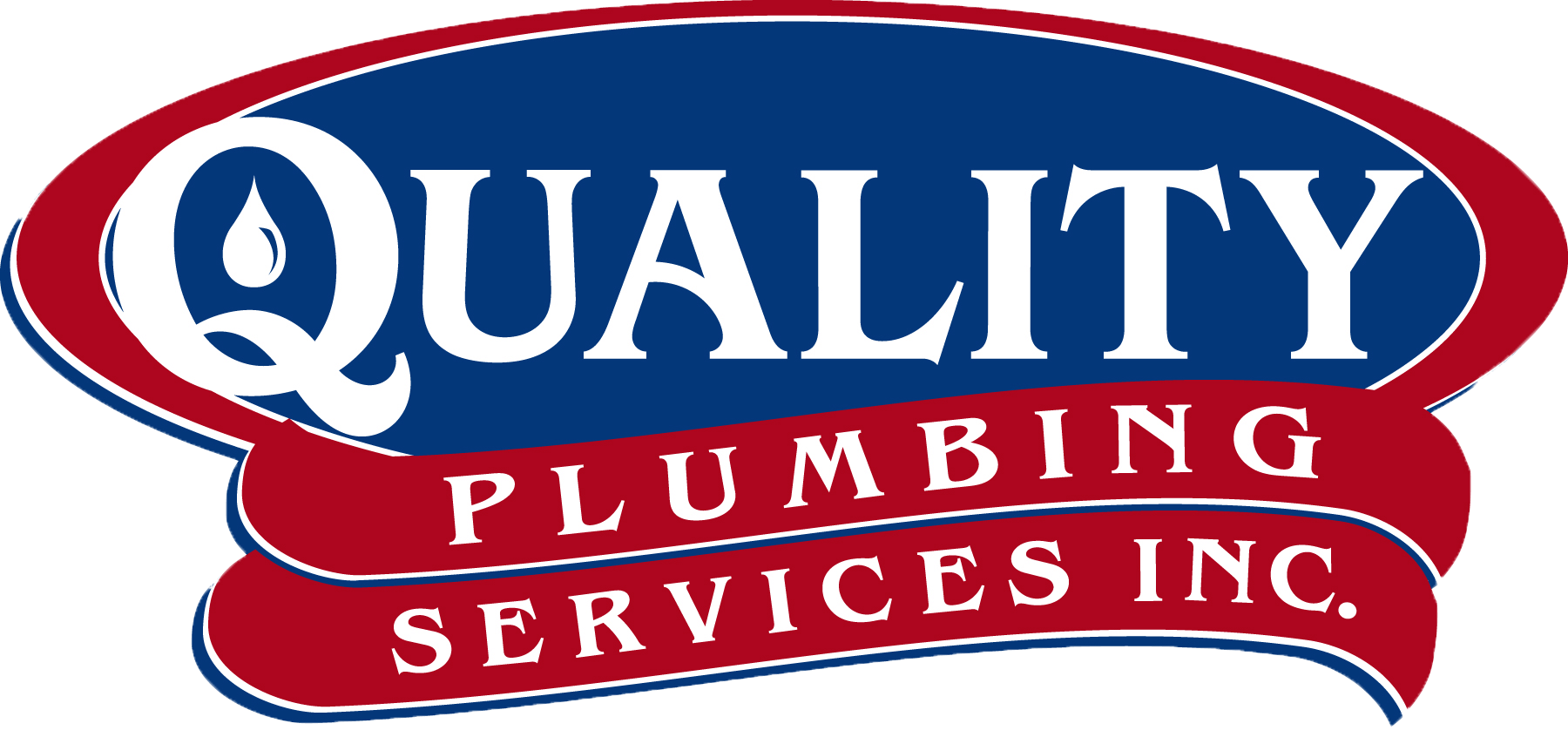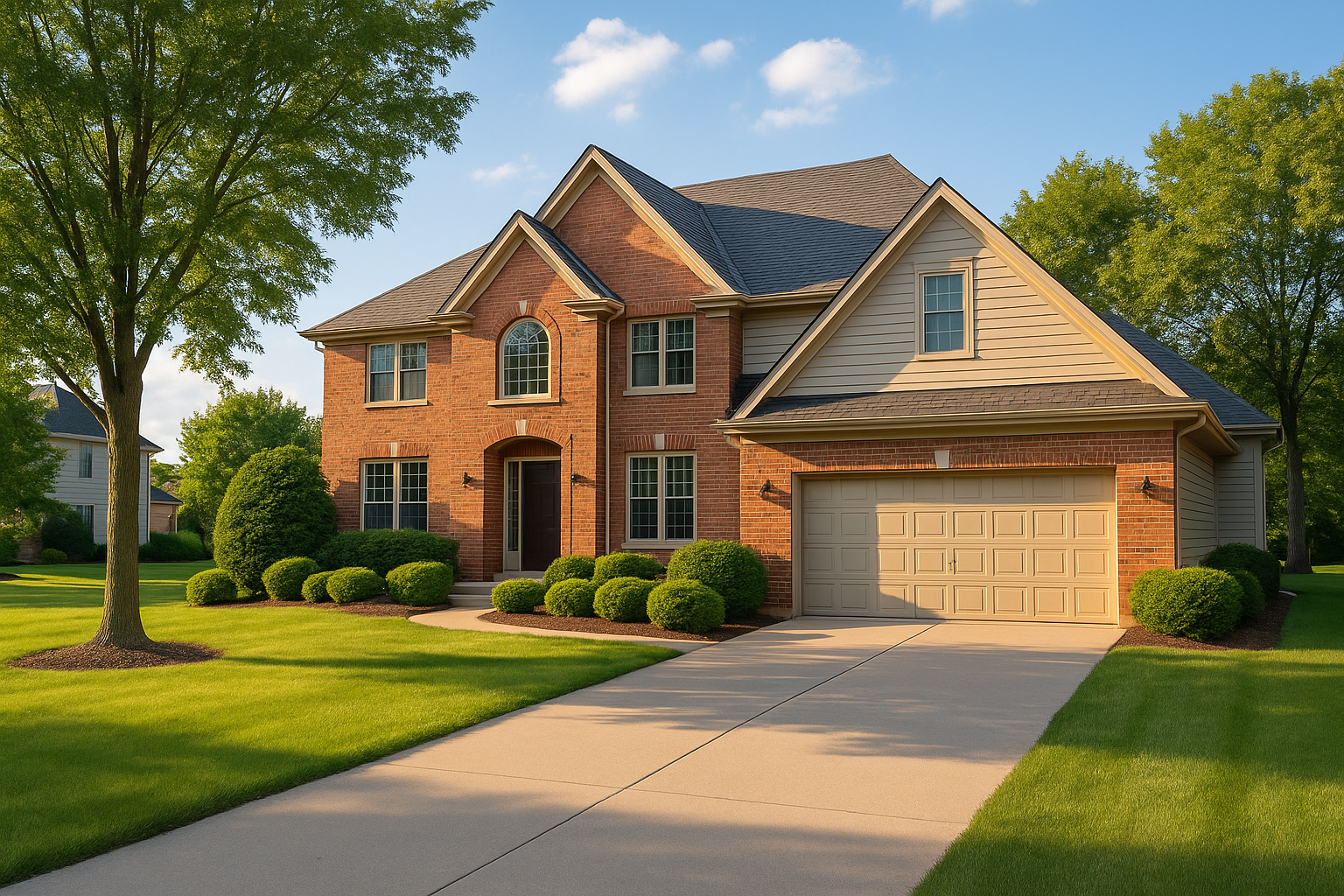Getting to Know Your Plumbing System
Getting to Know Your Plumbing System
Your plumbing system is a lot like your breathing—essential, automatic, and usually ignored unless something goes wrong. Just like you only think about breathing when it becomes difficult, most homeowners don’t think much about their plumbing until there’s a leak, a clog, or a major failure.
Unfortunately, waiting until there's a plumbing emergency can lead to stress, costly repairs, and unnecessary damage. By understanding the basics of your plumbing system, you can take control before disaster strikes—and potentially save thousands in the process.
Why Homeowners Often Avoid Plumbing Problems
When people hear “plumbing,” their minds usually go straight to the toilet. It’s not a topic many are eager to dive into. But ignoring plumbing issues, even small ones, can lead to bigger headaches down the road.
Common consequences of neglecting your plumbing include:
- High costs from emergency plumbing calls
- Increased monthly water and energy bills
- Unnecessary repairs due to delayed action
- Water damage, mold, or full-room renovations due to burst pipes
Sometimes, a problem that could’ve been fixed with a simple tool and 15 minutes of research turns into a major financial hit—just because the signs weren’t recognized early.
Plumbing System Basics Every Homeowner Should Know
You don’t need to become a professional plumber to protect your home. But knowing how to spot early issues—and how your system works—goes a long way.
Here are a few components worth getting familiar with:
Main water shut-off valve
This controls the water supply to the entire house. Learn where it is and how to shut it off in an emergency.
Individual cut-off valves
Located under sinks, toilets, and appliances, these let you isolate specific fixtures without shutting down your entire home.
Water meter
This tracks your home’s water usage. A constantly moving meter—even when no water is running—can indicate a hidden leak.
Water pressure regulator
Keeps pressure within safe limits. High water pressure can damage pipes and fixtures.
Gas and electric water heater valves
Know how to shut off power or gas to the water heater in case of malfunction or leaks.
Sewer and water lines
These run outside your home and connect to the city’s system or a private septic tank. If you’re unsure where your lines are or where your water comes from, contact your local utility company.
You can also take the lid off your toilet tank to get a better understanding of its mechanics. Understanding how it works helps you quickly fix or diagnose common issues like phantom flushing or slow refills.
Why Learning About Your Plumbing System Matters
Familiarizing yourself with your plumbing may not be glamorous—but the benefits are worth it.
- Save money on utilities
An energy-efficient system or a simple leak repair can significantly reduce your water and energy bills. - Prevent costly damage
Recognizing signs of trouble early helps you avoid pipe bursts, floods, and full-scale restorations. - Gain peace of mind
Knowing your system is safe and up-to-date lets you sleep better at night. - Improve your home's value
Upgrading old plumbing and ensuring everything is well-maintained adds appeal and value if you ever decide to sell.
Take Control of Your Home’s Plumbing
Learning how your plumbing system works isn’t just about DIY fixes. It’s about taking control of your home’s health and safety. With a little effort, you can avoid surprises, lower your bills, and extend the lifespan of your system.
And when you need professional support, we’re here to help. At Quality Plumbing Services Inc., we work with homeowners to inspect, repair, and maintain plumbing systems with care and precision.
Call Quality Plumbing Services Inc. today to schedule an inspection or learn more about keeping your plumbing system in peak condition.
Check out our 5-star reviews and discover why Chicago-area homeowners trust us year-round.

